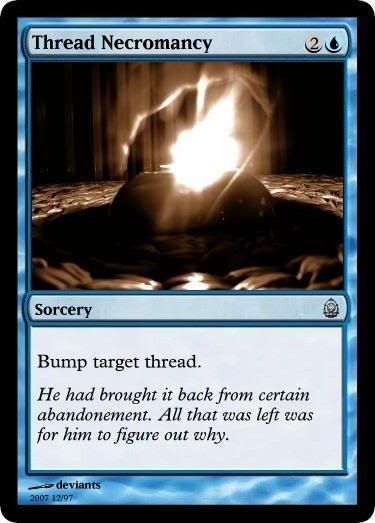Major oil industry accidents
March 20, 2001
Web posted at: 12:20 PM EST (1720 GMT)
http://www.cnn.com/2001/WORLD/americas/03/20/oil.accidents/index.html
A chronology of some of the major oil industry accidents in the last 20 years:
March 1980: Alexander Keilland oil rig in Ekofisk field of North Sea broke up with fatigue fracture and capsized, killing 123 people.
October 1981: United States oil drilling ship sank in South China Sea, killing 81 people. September 1982: U.S. oil rig Ocean Ranger keeled over in the North Atlantic, killing 84 people.
February 1984: One man was killed and two injured in an oil rig explosion off Texas in the Gulf of Mexico.
August 1984: Thirty-six workers drowned and 17 were injured in an explosion and fire on a Petrobras oil-drilling platform in the Campos Basin off Brazil.
January 1985: Two men were killed and two injured in a pump room explosion on Glomar Arctic II rig in the North Sea.
July 1988: In the world's worst oil rig disaster, 167 people were killed when Occidental Petroleum's Piper Alpha oil rig in the North Sea exploded after a gas leak.
September 1988: Four workers were killed when an oil rig owned by Total Petroleum Co. of France exploded and sank off the southeastern coast of Borneo.
September 1988: One person was killed and 66 people rescued uninjured after American-owned Ocean Odyssey drilling rig burst into flames in the North Sea.
May 1989: Three people were injured in an explosion and fire on an offshore oil platform owned by Union Oil Co. of California. The rig was operating on the Cook Inlet, southwest of Anchorage, Alaska.
November 1989: An explosion on a Penrod Drilling Co. oil rig in the Gulf of Mexico injured 12 workers, one seriously.
August 1991: Three people were injured in an explosion on Fulmar Alpha platform in the North Sea, owned by Shell.
December 1991: One crew member died after a Petrobras tanker explosion off the Sao Paulo, Brazil state coast.
March 1992: A French-built Super Puma helicopter, carrying 15 workers and two crewmen, plunged into the North Sea seconds after taking off from Cormorant Alpha platform to make a short hop to an accommodation vessel. Eleven men died.
January 1995: Thirteen people were killed in an explosion on a Mobil oil rig off the coast of Nigeria. Many were injured.
November 1995: One person died and five were wounded in a Petrobras pipeline fire in Sao Paulo.
January 1996: Three people were killed and two injured in an explosion on a rig in the Morgan oil field in the Gulf of Suez.
July 1998: Two men died in an explosion on the Glomar Arctic IV rig.
December 1998: One person died after plunging from the mobile drilling rig Petrolia, northeast of Aberdeen, Scotland.
December 1998: A fire at Petrobras's Gabriel Passos Refinery in Minas Gerais killed three workers.
January 2001: Two workers died from a fire on a Petrobras offshore natural gas platform in Campos Basin.
March 2001: Ten people were killed after explosions rocked the world's biggest offshore oil platform belonging to Brazil's state oil firm Petrobras.





